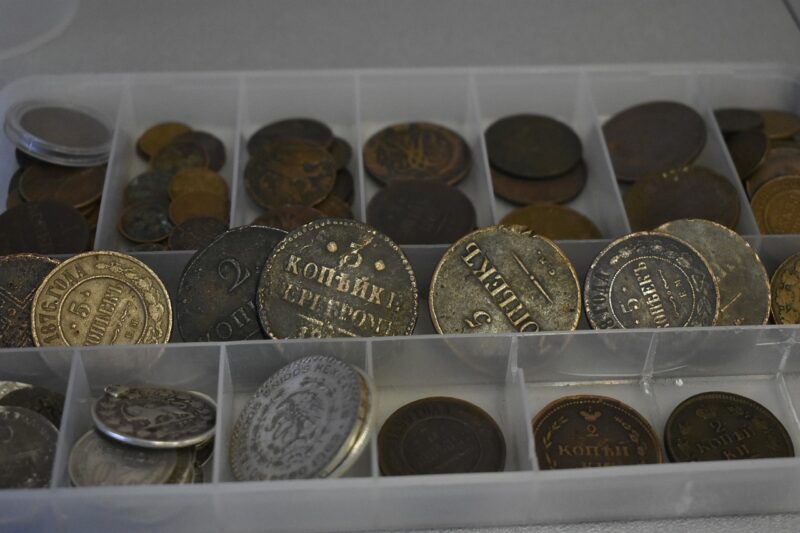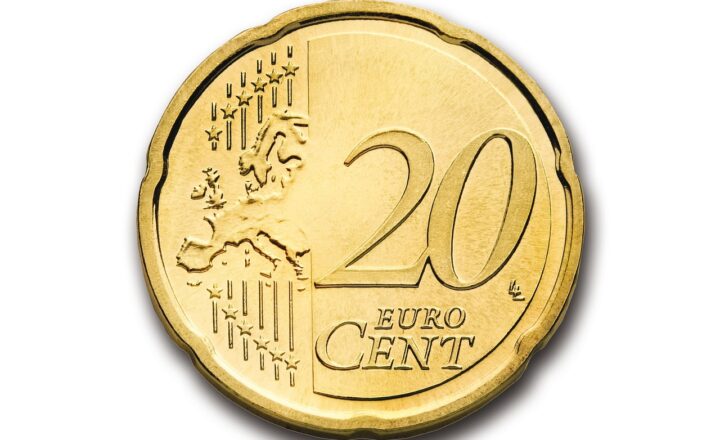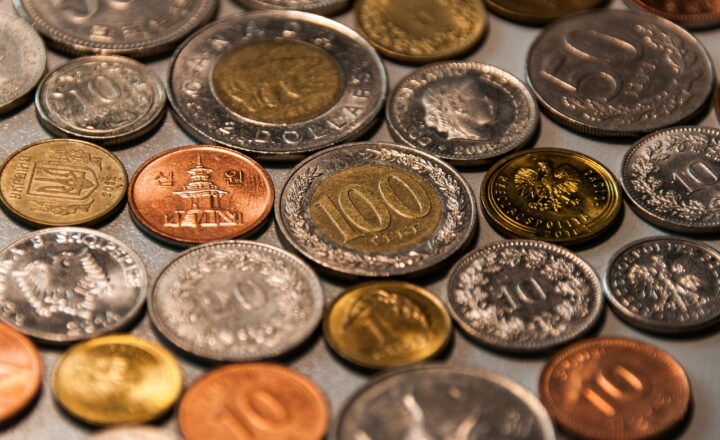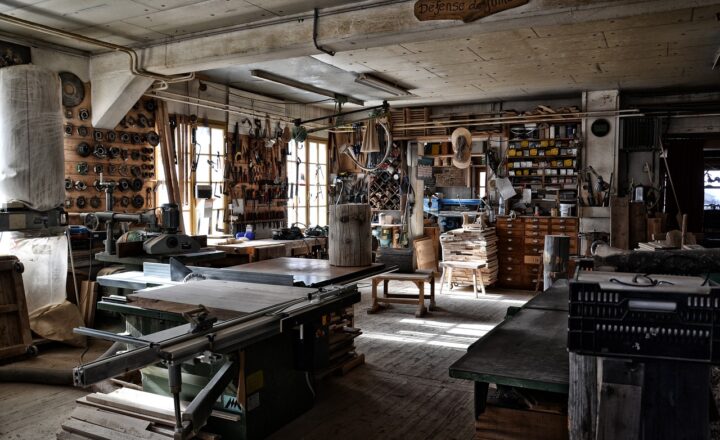Exploring the Fascinating World of Coin Collecting: A Beginner’s Guide
November 14, 2024

Coin collecting, also known as numismatics, is more than just a hobby; it’s a journey through history etched into metal. From ancient coins used in trade to modern mint editions commemorating significant events, each coin tells a unique story. This beginner’s guide aims to introduce you to the exciting world of coin collecting, providing insights on how to start, what to collect, and the tips and tricks to enhance your experience.
1. The History of Coin Collecting
Coin collecting dates back to the Roman Empire, where individuals sought rare coins as a way to demonstrate wealth and status. By the Renaissance, numismatics was widely practiced among scholars and collectors who treated coins as works of art. Today, coin collecting has evolved into a global community, with dedicated clubs, conventions, and online forums where enthusiasts share their passion.
2. Getting Started with Coin Collecting
To embark on your coin-collecting journey, follow these fundamental steps:
- Research: Familiarize yourself with different types of coins, their history, and the terminology used in numismatics. Books, online resources, and forums dedicated to coin collecting can be invaluable.
- Choose Your Focus: Decide on a specific category or type of coins to collect, such as historical, foreign, modern, or themed collections. This helps narrow your search and makes it more enjoyable.
- Start Small: As a beginner, it’s wise to start with a modest budget. Seek out coins from local shops, flea markets, or collector shows, and avoid spending heavily on high-value coins until you gain experience.
- Invest in Basic Tools: Equip yourself with essential tools such as a magnifying glass, coin album or folder, market price guides, and proper cleaning supplies. Handling coins with care is crucial to maintaining their condition and value.
With the right approach, you can build a collection that reflects your interests and knowledge.
3. Types of Coin Collections
When starting, consider what type of collection aligns best with your interests:
- Historical Coins: Collecting coins from specific periods or events, such as wartime coins or coins from ancient civilizations, provides a glimpse into history.
- Geographical Collections: Focus on coins from particular countries or regions. This can involve collecting national currency or coins from significant landmarks.
- Themed Collections: These collections can include coins depicting animals, famous figures, or pop culture references. Themes add a fun twist to the collecting experience.
- Error Coins: Some collectors seek out coins with mistakes during minting, making them uniquely desirable and often more valuable.
Choose a focus that excites you; your passion will keep you engaged as you grow your collection.
4. Grading Coins: Understanding Condition
Grading is essential in the world of coin collecting. The condition of a coin significantly impacts its value. Coins are graded on a scale from Poor (P) to Mint State (MS). Familiarizing yourself with grading standards will help you evaluate coins and understand their market value.
Here are some common grading terms you should know:
- Uncirculated (MS): A coin that has never been used for transactions, showing no signs of wear.
- Extremely Fine (EF): Slight wear on high points, with well-defined details.
- Very Fine (VF): Moderate wear, but overall design and details are intact.
- Fine (F): Considerable wear to the design, but it remains recognizable.
Identifying the grade of coins not only assists you in determining their value but also enhances your knowledge about their preservation.
5. Where to Find Coins
There are various places to buy coins, each offering unique opportunities:
- Coin Dealers: Reputable dealers can provide guidance and authenticate coins, though their prices may be higher than others.
- Coin Shows and Conventions: Attending these events allows collectors to browse a vast selection of coins and connect with fellow enthusiasts.
- Online Marketplaces: Websites like eBay, Heritage Auctions, or dedicated numismatic websites offer a wide range of coins, but verify seller ratings and coin authenticity before purchasing.
- Local Auctions and Estate Sales: Keep an eye on local auctions or estate sales, where you may find unique coins at reasonable prices.
Exploring these various avenues will deepen your connection to the hobby and add more treasures to your collection.
6. Maintaining Your Coin Collection
Proper care of your coins is important for sustaining their beauty and value. Here are some maintenance tips:
- Storage: Coins should be stored in a cool, dry place. Use coin holders or albums specifically designed to prevent scratching and oxidation.
- Handling: Always handle coins by the edges to avoid fingerprints and oils from your skin. Use cotton gloves for extra care when dealing with valuable coins.
- Cleaning: Avoid cleaning old coins, as it can devalue them. If necessary, gently rinse them with water and lightly pat them dry. Consult resources before attempting to clean valuable coins.
By maintaining your collection properly, you can ensure its preservation and grow your investment over time.
Conclusion: Your Coin Collecting Journey Awaits
Coin collecting is a rewarding hobby that opens doors to history, culture, and even financial investment. By following this beginner’s guide, you can confidently start your journey into numismatics. Remember to research, choose what interests you, and above all, enjoy the process. Each coin has its own story, waiting to be uncovered by someone eager to learn.
As you dive deeper into the world of coin collecting, you’ll create a unique repository of history while also forging connections with like-minded enthusiasts. Happy collecting!







